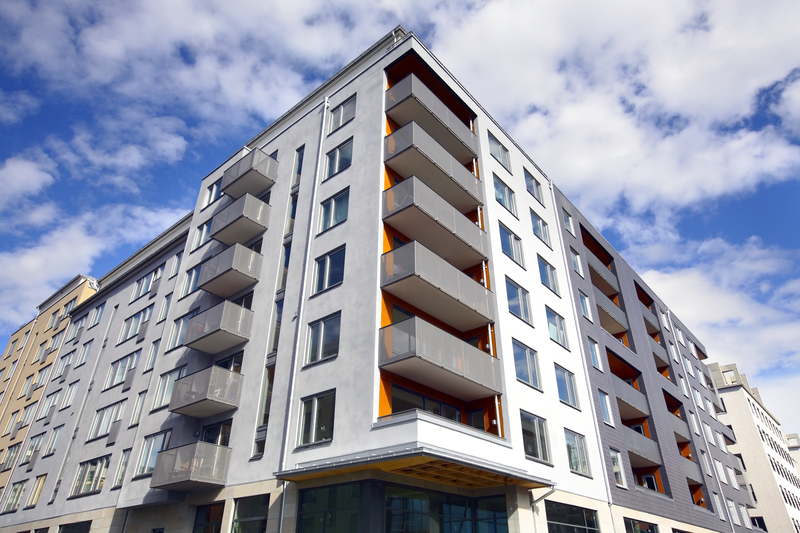A New York Condominium Board’s Guide to Collecting Common Charges

A common problem plaguing condominium boards is how to motivate delinquent unit owners to pay the arrears in their common charges.
When unit owners fall behind on their common charge obligations, the shortfall could mean that the condominium has trouble meeting its operating expenses. Such a shortfall must eventually be borne by other unit owners, and can often mean unwanted and unwarranted increases in common charges.
Guidelines for Collecting Common Charges
There are several effective methods that a condo board's attorneys can pursue in order to collect common charge arrears from delinquent unit owners. Often, a written warning from the attorney that legal action is imminent is sufficient to motivate the non-paying unit owner to bring the account current. When that doesn't work, and a unit owner has fallen more than 60 days behind on their common charges, the condo board can try some of the following remedies:
Notice of Common Charge Lien
One way to enforce the payment of past-due common charges is by filing a lien for the unpaid common charges against the unit in the county where the unit is located, and subsequently commencing a foreclosure of the lien. The reality is that lien foreclosures are costly as well as time-consuming, but often, just the act of filing the lien motivates the unit owner to take action and begin to bring their common charge account current.
The filed common charge lien also puts any potential purchaser or lender on notice that a delinquency is owed to the condominium. Once the lien is filed, the unit owner will be unable to sell or obtain financing for the unit without addressing the common charge arrears.
Rent Collection from Tenant Pursuant to Section 339-KK
If the delinquent unit owner leases the condominium unit and collects rental income, Real Property Law § 339-kk authorizes the condo board to direct the tenant to make rental payments directly to the board (instead of the unit owner), until the arrears have been made current. The condo’s attorney should correspond directly with the tenant pursuant to the statutory requirements, advising the tenant to direct their monthly payments to the condominium.
Lawsuit for Money Judgment
Each unit owner in a condominium is bound by the by-laws to pay their common charges when due. Therefore, another option is for the condo board to direct their attorneys to commence a lawsuit for a money judgment. Depending on the amount of the common charge arrears, the action may be properly filed in civil court, or perhaps even small claims court.
Conclusion
Regardless of which option the condo board and their attorneys opt to pursue, it is vital that condo board does not ignore mounting common charge arrears, but addresses the delinquency as quickly as possible. Immediate action will ensure the continued financial health of the condominium, making sure that paying unit owners do not suffer becuase of the delinquent owners.



